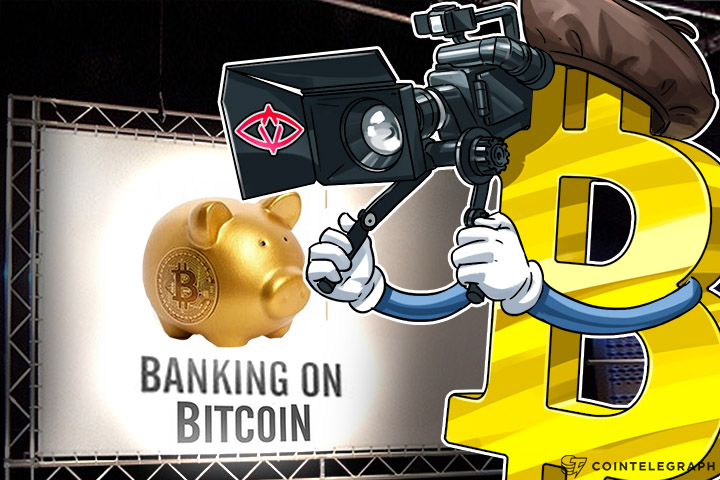Films or series that discuss cryptocurrencies are vital to bringing about awareness and ultimately mainstream adoption, says Zach LeBeau, producer and mastermind behind both the SingularDTV decentralized entertainment platform and a soon-to-be crowdfunded Singular television series.
SingularDTV is a Blockchain entertainment studio, smart contract rights management platform and video on demand portal that places intellectual property in the form of film, television and software projects onto the Ethereum Blockchain.
LeBeau believes film projects are a sure way to spread the message of cryptocurrencies such as Bitcoin, a borderless, permissionless currency controlled by no government.
Zach LeBeau mentions their new project, “Banking on Bitcoin,” a film that covers the digital currency as the most disruptive invention since the Internet:
“The crypto community numbers only in the thousands but there are millions of people out there who would benefit greatly from knowing more about Bitcoin, Ethereum and decentralization. Films like "Banking on Bitcoin" help to spread the word.”
The film, which according to its makers took three years to make, has an in-depth coverage of key players in the space including Charlie Shrem, Cameron and Tyler Winklevoss, Barry Silbert, Erik Voorhees, Nathaniel Popper, Alex Winter among others. They share their thoughts on how the revolutionary cryptocurrency technology will shape lives.
The documentary was released in select theaters and VOD on Jan. 6.
Other films on crypto
Other films and TV shows that have been produced in the last few years with the digital currency featuring include the 2015 American crime comedy-drama, “Dope,” “Mr. Robot,” “Deadpool,” “Deep Web” and recently, “StartUp,” which is built around the use of digital currency on a business scale. There is also “Bitcoin: The End Of Money As We Know It” which traces the history of money from the ancient world to the trading floors of Wall Street.
On its path to an all-time high earlier this year, the top digital currency gained more interest in the popular media with known publications and broadcasting stations covering the development.


